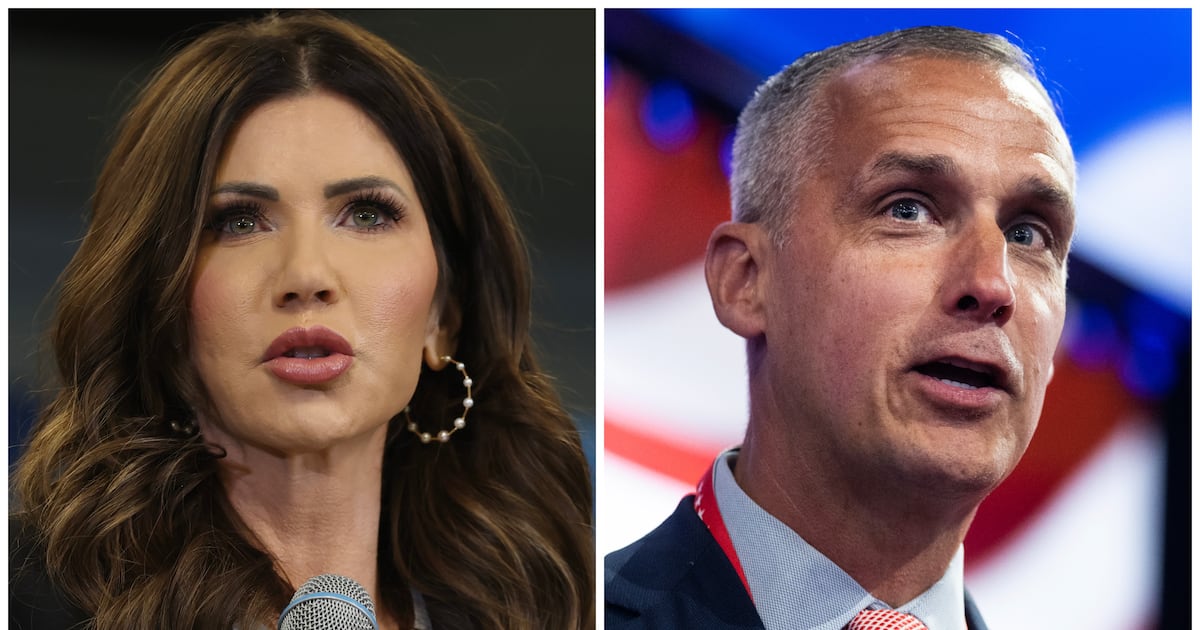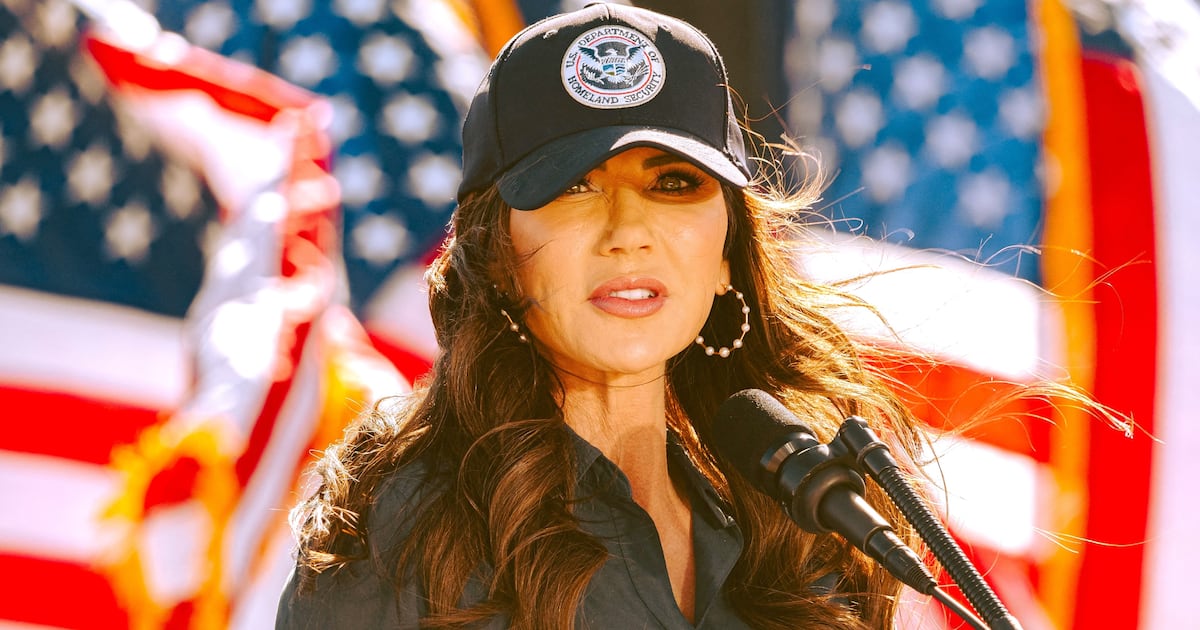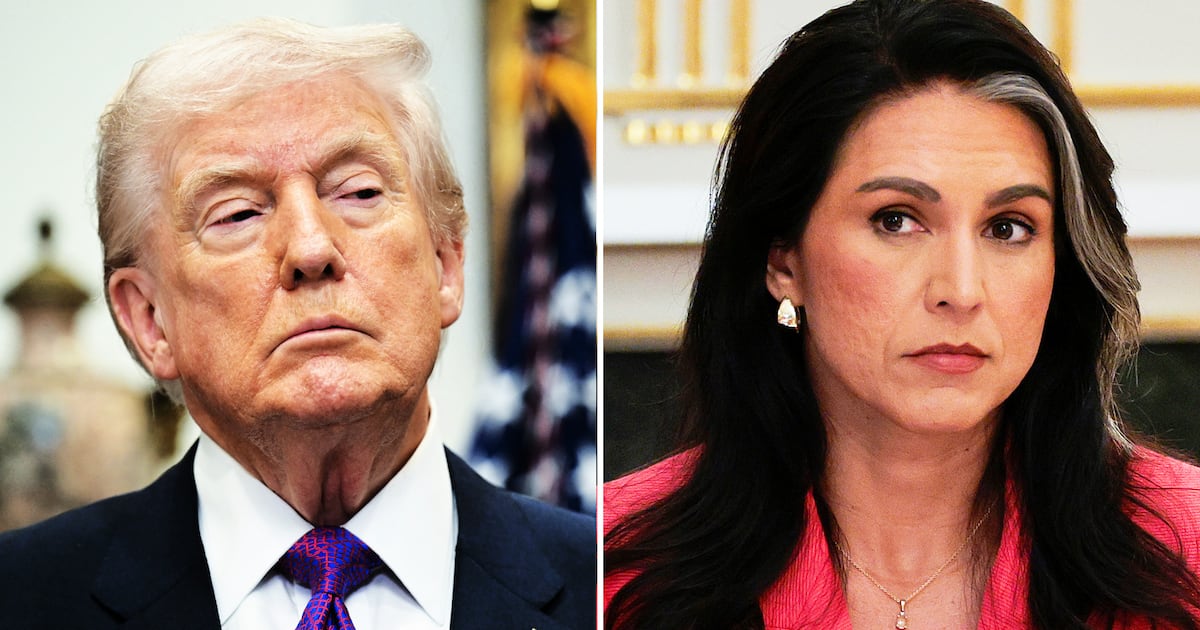It's not entirely a bad thing that employers everywhere are requiring less and less that their staff deck out like Colonel Sanders. While the late chicken god's swag was unquestionably pristine — even if his black string tie was in fact a clip-on — we live in a different time.
As evidenced by the increasingly lax attitude with which the subject of attire is being approached in places of business, rigid dress codes are slowly becoming a thing of the past. If this bothers you, if you despise leniency and comfortability, maybe you need to chillax, bro; like, take a load off.
The fact that I'm writing this in my underwear should come as no surprise. But I'm a writer, and no one cares whether I'm wearing a shirt I've had since high school or if my socks are even the same color.
In her book, The End of Fashion: How Marketing Changed the Clothing Business Forever, veteran Wall Street Journal columnist Teri Agins tells the story of the time she visited Alcoa, one of the world's largest producers of aluminum, to meet with an executive. She was shocked to find him wearing slacks and a cashmere V-neck sweater. “Looked like he was there like on a Saturday, but actually this was a regular work day,” Agins wrote.
Historically, suits and ties and classy dresses have been viewed as necessary components to conducting serious work. And among baby boomers, although not exclusively, this viewpoint is largely shared.
Casual dress is generally thought to communicate the opposite of seriousness. Yet today, even some law firms, places where you'd expect everyone's appearance to mirror a certain perceived level of professionalism, are dialing it down.
Ropes & Gray, a well regarded firm based in Boston, makes room for both business and business-casual — so long as the chosen garb is “appropriate for the work being performed and the setting in which it is performed.”
With more 20 and 30 somethings taking over as bosses, we'll likely see this trend continue to grow. “I have a casual style and usually like to wear dress or polo shirts with bright colors or comfortable cotton shirts, denim jeans and brown shoes,” says Brian Magierski, President and COO of Appconomy.
Mark Ghermezian, CEO and Cofounder of Appboy, echoes that sentiment, saying he prefers “designer sneakers, jeans and t-shirts.”
But they aren't the only ones. Business tycoon Richard Branson, who went as far as to say that suits and ties “no longer serve any useful purpose,” is also a proponent of business-casual. For Branson, it's more about letting your “achievements speak for themselves.” Here's a picture of Branson with a tiger.
'Casual Friday' now seems to be every day. The idea behind that day originated in the early 1960s, when the Hawaiian Fashion Guild began promoting aloha shirts as an alternative to more formal work-wear.
Through a campaign called "Operation Liberation," they distributed these shirts to members of the Hawaii House of Representatives as well as the Hawaii Senate. Soon, a resolution passed stating that the male populace, specifically, would return to aloha attire only during the summer months — for reasons of leisure and to support the state's garment industry.
Some years later, the Guild refocused their efforts and brought about “Aloha Friday,” which encouraged Hawaiian businesses to let employees wear Hawaiian shirts one day a week.
Not long after, the idea surfaced to the mainland and, around the time of the recession of the early 1990s, took full force in the form of 'Casual Friday.' Levi’s and sad Dockers paired with collared shirts became the new revolution. Yahoos pounding their heads in cubicles everywhere were quietly rejoicing.
As Bloomberg Businessweek Magazine noted, however, things have turned a bit awry over time. “In the past decade those seemingly harmless polo shirts and khakis have spawned a five-day sartorial office free-for-all that's led to low-cut jeans and 'tramp stamp' tattoos.”
It's worth noting, of course, that when it comes to fashion, people's interpretation of 'casual' and 'appropriate' can differ immensely. While some see it simply as an opportunity to sport jeans and trainers at work without being hassled, others use it as an excuse to exercise self-expression. And the latter can be pretty disastrous, as you've probably seen.
Regrettably, some people simply don't have the aptitude, or the desire, to put together clothing ensembles that the rest of us wouldn't consider criminal. So it's possible to favor the notion of business-casual yet also understand that barriers should be set and adhered to in offices around the world. While the freedom to be fashionable at work is a wonderful and glorious thing in principal, enforcing guidelines might help save people from ourselves.





